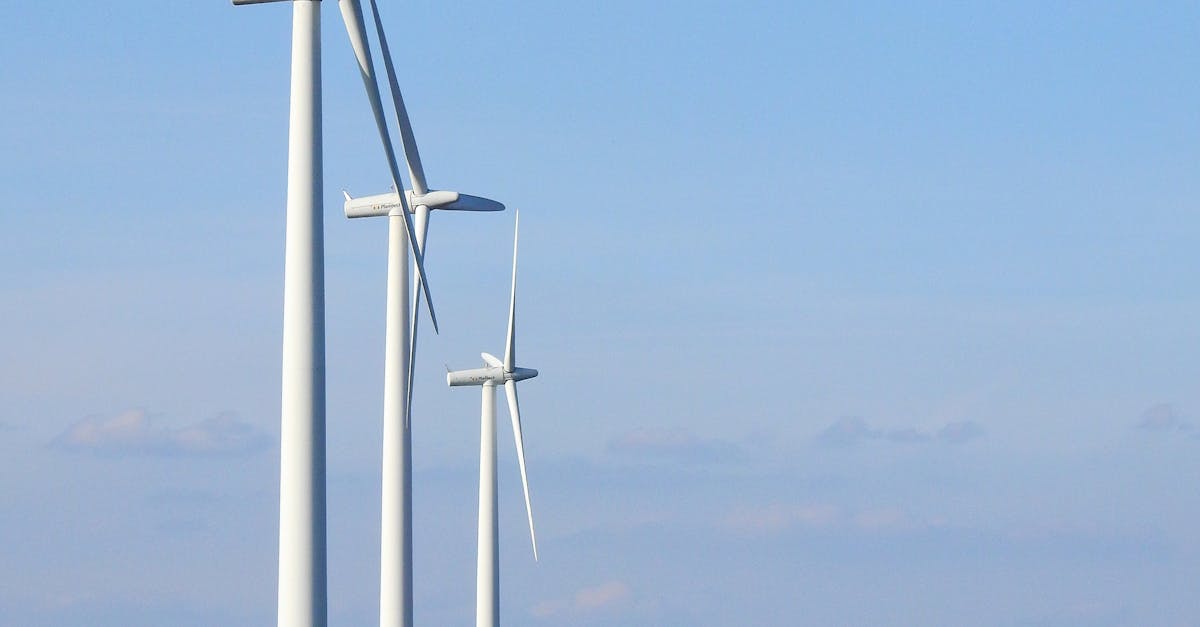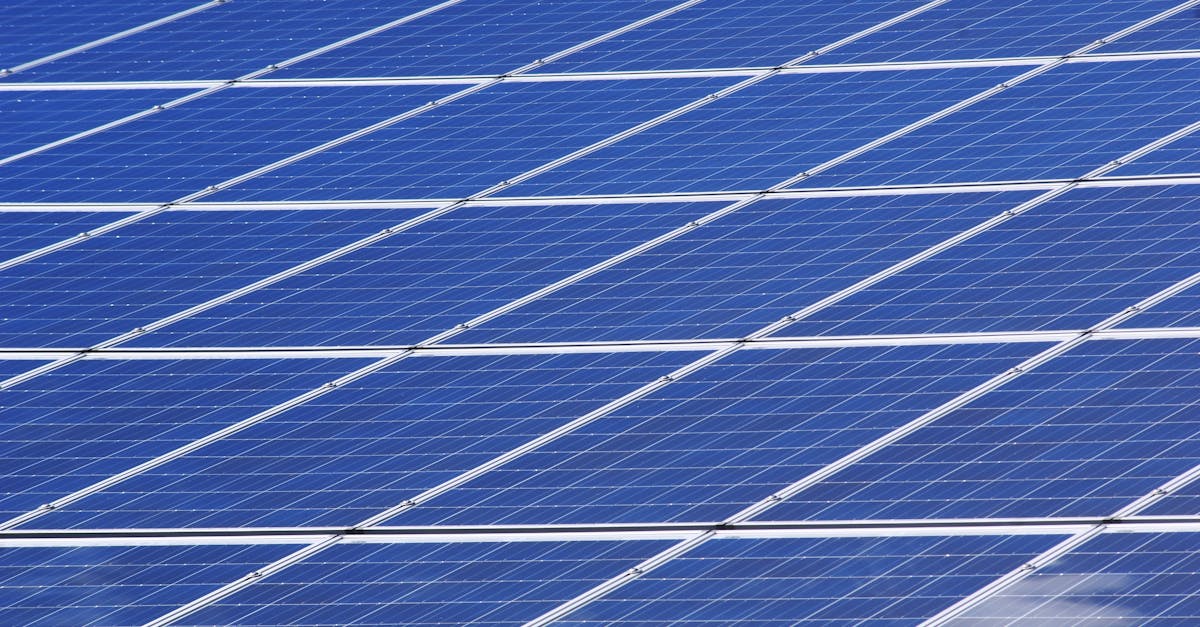Eco-Forward Solutions: Nurturing an Energy-Optimized Home Exterior

Enhancing Your Home’s Energy Efficiency: Crafting a Sustainable and Eco-friendly Exterior. When it comes to creating an energy-efficient household, we often focus on interior adjustments, but the impact of an optimized exterior is equally crucial. By investing in your home’s exterior, not only can you forge a more sustainable living environment, but you can also significantly reduce your energy bills while minimizing your carbon footprint. In this comprehensive guide, we’ll delve into the multifaceted realm of energy-efficient home exteriors, exploring the benefits, analyzing key factors, and uncovering practical strategies to transform your home into an eco-friendly haven while enhancing its overall energy efficiency.
1. Understanding Energy-Efficient Home Exteriors
Thank you for reading this post, don't forget to subscribe!
Understanding Energy-Efficient Home Exteriors: Embracing a sustainable and energy-efficient lifestyle begins with recognizing the pivotal role that our home’s exterior plays in this transformative journey. By exploring the importance of optimizing our home’s exterior for energy efficiency, we embark on a path that not only enhances our living spaces but also positively impacts our environment. When we prioritize energy efficiency, we unlock a world of benefits, ranging from reduced energy bills to a diminished carbon footprint, making a meaningful difference in the world and in our wallets. Understanding the impact of energy-efficient home exteriors empowers us to embrace change and take substantial steps toward a greener, more sustainable future. By delving into this topic, we unravel the potential to revolutionize our homes and communities, providing a beacon of hope for a brighter, cleaner tomorrow.
Benefits of Energy-Efficient Home Exteriors
Benefits of Energy-Efficient Home Exteriors: As we delve into the realm of energy-efficient home exteriors, a world of financial and environmental advantages unfolds. Investing in energy-efficient upgrades for your home’s exterior sets forth a transformative journey that not only enhances the comfort of your living spaces but also delivers substantial savings on your energy bills. Beyond financial benefits, these upgrades significantly contribute to a reduced environmental impact, fostering a more sustainable and eco-friendly lifestyle. By discovering the multifaceted advantages of energy-efficient home exteriors, we open the door to a realm of possibilities, where every investment in sustainability leads to a brighter and cleaner future for generations to come.
Key Factors Influencing Home Energy Efficiency
Key Factors Influencing Home Energy Efficiency: When we consider the factors influencing the energy efficiency of our home’s exterior, we embark on an illuminating journey that unveils the crucial elements shaping our living spaces. From the insulation that retains precious energy to the strategic landscaping that shields and enhances our homes, each factor plays a pivotal role in creating a sustainable and energy-efficient environment. Understanding these influential components empowers homeowners to make informed decisions, paving the way for an energy-optimized future that prioritizes both comfort and environmental responsibility. Embracing the diverse factors that contribute to home energy efficiency not only elevates our living standards but also fosters a sense of stewardship towards our planet, encouraging us to create homes that are not just shelters but also beacons of sustainable living.
2. Assessment and Planning

Assessment and Planning: Embarking on the journey towards an energy-efficient home begins with a comprehensive assessment of your current energy usage and a well-thought-out plan to usher in effective enhancements aligned with your energy-saving aspirations. By evaluating your home’s energy consumption and identifying areas for improvement, you gain valuable insights into where sustainable changes can be implemented. This process not only sets the stage for optimizing your home’s energy efficiency but also empowers you to make informed decisions that lead to lasting positive impacts. Through meticulous planning tailored to your energy-saving objectives, you pave the way for a greener and more sustainable lifestyle, one that prioritizes energy conservation and environmental responsibility.
Energy Audit and Home Exterior Evaluation
Energy Audit and Home Exterior Evaluation: Delving into the significance of conducting an energy audit and assessing your home’s exterior unveils a world of opportunities to enhance energy efficiency and bolster environmental sustainability. An energy audit serves as a cornerstone, providing valuable insights into your home’s energy consumption patterns and revealing areas where improvements can be made. Simultaneously, evaluating your home’s exterior sheds light on how to fortify its energy-saving potential, whether through insulation upgrades, weatherproofing enhancements, or the integration of renewable energy solutions. By understanding the importance of this dual approach, homeowners gain the knowledge needed to transform their residences into beacons of energy efficiency and environmental stewardship, fostering a brighter and cleaner future for all.
Setting Energy Efficiency Goals
Setting Energy Efficiency Goals: By learning how to establish realistic goals for enhancing energy efficiency within your home, you embark on a transformative journey toward a more sustainable and eco-friendly lifestyle. Understanding the process of setting these objectives empowers homeowners to prioritize key areas for enhancement, whether it be through insulation upgrades, the implementation of renewable energy solutions, or the integration of smart landscaping practices. As you embark on this endeavor, envision a living space marked by not just functionality and comfort, but also one that aligns with your aspirations for a greener, more energy-efficient home. This mindful approach not only ensures that your goals are within reach but also lays the foundation for meaningful and lasting positive impacts, benefiting both your household and the environment as a whole.
3. Upgrading Insulation and Weatherproofing
Upgrading Insulation and Weatherproofing: When we examine the impact of insulation and weatherproofing on the energy efficiency of our home’s exterior, we uncover an array of opportunities to enhance comfort and minimize energy consumption. Upgrading insulation and weatherproofing not only fosters a more consistent and comfortable indoor environment but also serves as a cornerstone of energy conservation. By exploring the latest solutions and advancements in this area, homeowners gain access to a diverse range of innovative products and techniques designed to fortify their homes against energy loss, while simultaneously reducing their environmental footprint. These upgrades not only offer tangible benefits in terms of energy savings and comfort but also present a significant step toward creating a more sustainable and eco-friendly living space.
Types of Insulation and Their Benefits
Types of Insulation and Their Benefits: Delving into the realm of home insulation reveals a diverse array of options, each offering unique advantages in enhancing energy efficiency. From traditional materials like fiberglass and cellulose to innovative solutions such as spray foam and rigid foam insulation, homeowners are presented with a wealth of choices, each tailored to specific needs and performance requirements. These insulation varieties not only aid in optimizing energy efficiency but also contribute to a more comfortable and sustainable living environment. By understanding the specific benefits of each type of insulation, homeowners can make informed decisions, selecting options that align with their energy-saving goals while maximizing the overall comfort and efficiency of their homes. This exploration serves as an invitation to embrace a more sustainable and energy-optimized lifestyle, all while reaping the rewards of reduced energy bills and a minimized environmental impact.
Advanced Weatherproofing Techniques
Advanced Weatherproofing Techniques: As we venture into the realm of advanced weatherproofing, we uncover a host of groundbreaking methods and technologies carefully crafted to minimize energy losses and elevate overall home comfort. These techniques encompass a wide array of innovations, ranging from high-performance sealants and advanced insulation materials to state-of-the-art window and door sealing solutions. By exploring these advancements, homeowners can fortify their residences against the elements, ensuring a consistent and comfortable indoor environment while simultaneously optimizing energy efficiency. Embracing these advanced weatherproofing techniques not only elevates the overall energy performance of the home but also offers a pathway to a more sustainable and eco-friendly lifestyle, marking a shift towards energy optimization and environmental responsibility.
4. Efficient Lighting and Sustainable Landscaping

Efficient Lighting and Sustainable Landscaping: Understanding the pivotal role that lighting and landscaping play in shaping an energy-efficient home exterior opens the door to a world of sustainable and innovative practices. Through the integration of efficient lighting solutions such as LED lighting and smart fixtures, homeowners can significantly reduce energy consumption while enhancing the visual appeal and safety of their outdoor spaces. Additionally, embracing sustainable landscaping practices, including the strategic placement of shade-providing trees, drought-resistant vegetation, and water-efficient irrigation systems, not only beautifies the surroundings but also minimizes energy usage, creating a harmonious blend of aesthetics and sustainability. By learning about these transformative approaches, homeowners are equipped to create outdoor environments that prioritize energy conservation and environmental well-being, leading to a more efficient and eco-friendly living space.
LED Lighting and Smart Solutions
LED lighting and smart solutions stand as transformative elements in crafting energy-efficient outdoor lighting designs, offering a multitude of benefits and innovative technologies. LED lighting, known for its energy efficiency and longevity, has revolutionized outdoor illumination, serving as a sustainable alternative to traditional lighting sources. Not only do LED fixtures consume less energy and have a longer lifespan, but they also emit minimal heat, promoting safety and reducing cooling costs. Smart lighting solutions, such as automated controls and motion sensors, further enhance energy efficiency by optimizing usage and minimizing unnecessary illumination. Embracing these intelligent technologies not only fosters a more cost-effective approach to outdoor lighting but also elevates the aesthetic and functional aspects of exterior design. Through the integration of LED lighting and smart solutions, homeowners can appreciate increased energy savings, reduced maintenance, and a greener environmental footprint. This exploration delivers an encouraging message – it illuminates a path towards creating outdoor spaces that are not only visually stunning and safe but also reflect a commitment to sustainable, energy-efficient living, paving the way for a brighter, more eco-friendly future.
Landscaping for Energy Efficiency
Landscaping for Energy Efficiency: Embarking on a journey to explore the ways in which landscaping can drive energy efficiency opens a world of sustainable and innovative practices. From the strategic placement of trees and shrubbery to the selection of environmentally friendly vegetation, each aspect of landscaping contributes to a more energy-efficient home exterior. Shade provision, for instance, offers a natural cooling effect, reducing the need for excessive air conditioning during hot seasons. Similarly, windbreaks strategically positioned around a property mitigate heat loss and contribute to maintaining a comfortable indoor environment during colder periods. Implementing environmentally friendly vegetation not only enriches the aesthetic appeal of outdoor spaces but also fosters a habitat that promotes biodiversity and ecological balance. By embracing these landscaping strategies, homeowners can achieve a seamless blend of energy efficiency, environmental responsibility, and natural beauty.
5. Incorporating Renewable Energy Sources
Incorporating Renewable Energy Sources: Exploring the integration of renewable energy sources into your home’s exterior represents a powerful step toward sustainability and energy independence. From the installation of solar panels harnessing the sun’s abundant energy to the implementation of innovative renewable energy solutions, homeowners have the opportunity to significantly reduce their reliance on traditional energy sources while actively contributing to a cleaner and greener planet. Embracing renewable energy not only offers the chance to lower energy costs but also makes a substantial impact on reducing greenhouse gas emissions and environmental pollution. By incorporating these sustainable alternatives, homeowners forge a path toward an energy-independent lifestyle, paving the way for a future marked by resilience, environmental stewardship, and reduced carbon footprint.
Solar Power and Sustainable Energy Options
Solar Power and Sustainable Energy Options: Discovering the latest developments in solar power technology and sustainable energy options unveils a world of innovative and eco-friendly solutions that seamlessly integrate into your home’s exterior. Solar power technology has witnessed remarkable advancements, offering more efficient and affordable solar panels. These panels can be seamlessly integrated into rooftops or open spaces, harnessing the sun’s energy and converting it into a clean and renewable power source. In addition to solar power, sustainable energy options extend to a range of choices, including wind turbines, geothermal systems, and advanced energy storage solutions. Embracing these innovative options not only reduces reliance on fossil fuels but also leads to significant cost savings, while positively impacting the environment by curbing carbon emissions. By exploring these sustainable energy alternatives, homeowners open the door to a future marked by energy independence, reduced utility bills, and environmental stewardship.
Financial Incentives and Environmental Benefits
Understanding the financial incentives and environmental benefits associated with incorporating renewable energy sources into your home is crucial for making informed decisions that promote sustainable living and financial prudence. Many regions offer a range of financial incentives, including tax credits, rebates, and grants, to encourage homeowners to invest in renewable energy solutions such as solar panels, wind turbines, and geothermal systems. Similarly, net metering programs allow homeowners to sell the excess energy generated by their renewable systems back to the grid, providing an additional avenue for savings and financial returns. Beyond the financial incentives, embracing renewable energy sources fosters a lighter environmental footprint and acts as a significant contribution to mitigating climate change. By reducing dependence on non-renewable energy, homeowners actively participate in building a more sustainable, environmentally responsible energy landscape. In this journey towards integrating renewable energy, homeowners can also benefit from available support programs, which provide guidance, financial assistance, and resources for making the transition to sustainable energy sources. This not only eases the process of adoption but also underscores the broader communal effort towards creating a greener, more sustainable future for all.
- What are some key factors influencing home energy efficiency?
a) Type of music playing in the home b) Insulation and landscaping choices c) Interior wall color d) Daily newspaper choice
- How does weatherproofing contribute to energy efficiency?
a) It doesn’t affect energy efficiency b) It minimizes energy losses and enhances home comfort c) It increases energy usage d) It has no impact on the environment
- What are examples of sustainable landscaping strategies for energy efficiency?
a) Using energy-hungry appliances in the garden b) Planting drought-resistant vegetation and providing shade c) Wasting water for aesthetic purposes d) Using non-recyclable materials in outdoor projects
- b) Insulation and landscaping choices
- b) It minimizes energy losses and enhances home comfort
- b) Planting drought-resistant vegetation and providing shade




